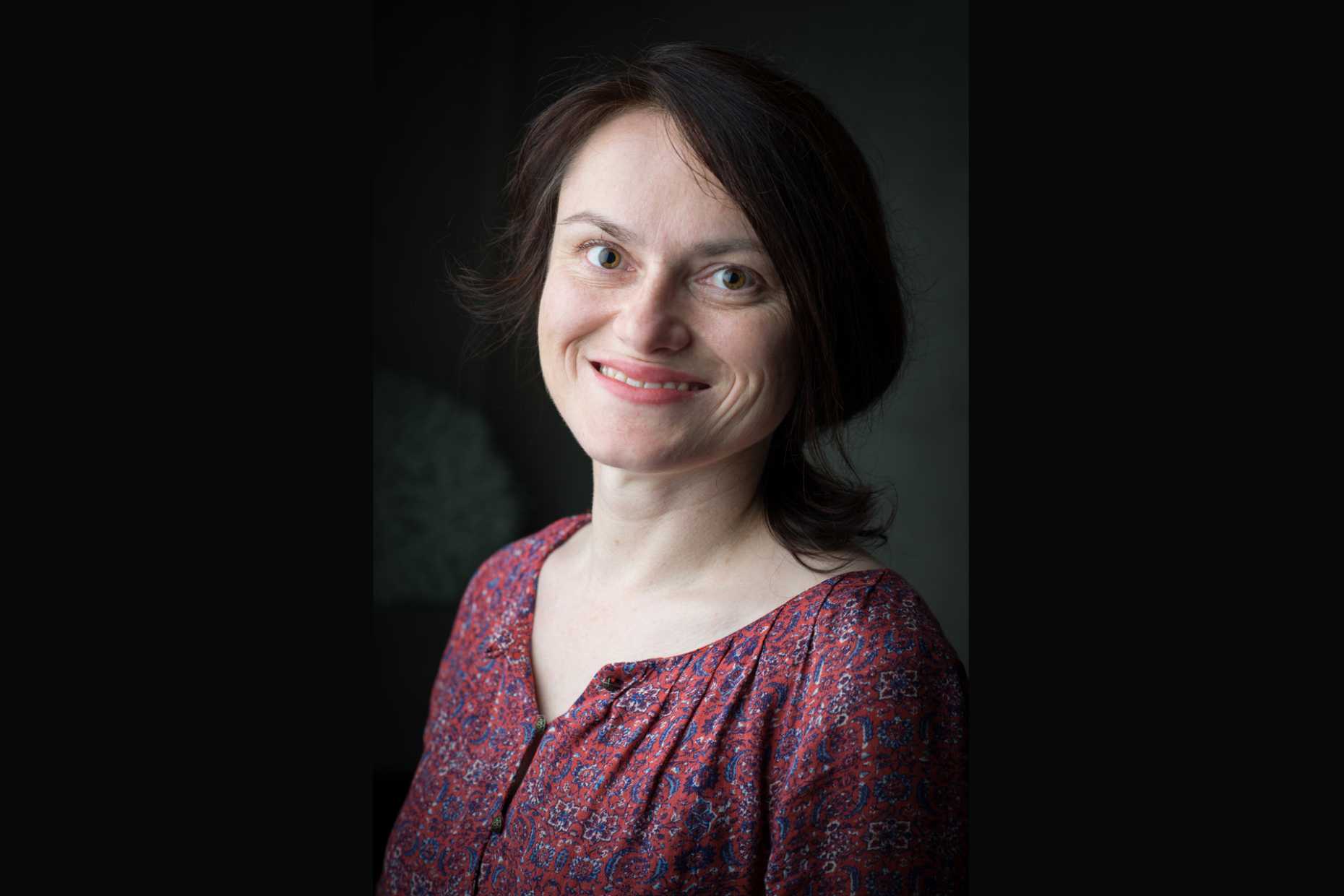Sarah-Maria Fendt: "It is important to be in an environment from which you can still learn something."
- Alumni Portraits
- Bio Alumni
Sarah-Maria Fendt completed her PhD in molecular systems biology at ETH Zurich. Afterwards, she worked for three years in the USA at the Harvard Medical School and at MIT. For the last few years she has been undertaking research into the metabolism of metastasising cancer cells at the VIB-KU Leuven Centre for Cancer Biology in Belgium. Together with her team, she hopes to find ways to reduce metastasis formation to improve the survival rate of patients.

When you were a kid, what did you want to be?
I wanted to be a psychologist. I’m sure this was hugely inspired by American TV programmes. But, I do like to work with people, listen to them and give advice. The great thing about my current job is that as a professor I get to work a lot with young people, and it’s amazing to see how they develop and grow. The dissertation written by my first PhD student was very special for me. I was incredibly proud of her, and even today whenever she gets in touch I love hearing that things are going very well for her both at home and at work.
You studied at the Technical Universities of Munich and Lyngby and wrote your PhD at ETH Zurich. Later you worked at the MIT and Harvard Medical School in the USA. Why did you decide to study at ETH?
There were several reasons. After my laboratory placement at the University of Hawaii and completing my Masters at the Technical University of Denmark it was clear to me that gaining experience abroad massively broadens your horizons and is hugely intellectually stimulating. So I knew that I wanted to write my PhD abroad and in an international environment. I first heard about ETH from a PhD student supervising me during my Bachelor’s degree course. It seemed like a good place to allow me to grow. I’m also rather fussy about what I’m interested in: I absolutely had to be able to combine biochemistry with my love of mathematics. At the time when I was looking to write my PhD, the Department for Molecular Systems Biology at ETH had just opened. It seemed like the ideal place to work at the interface between these two subjects. My decision was also helped by the fact that my partner had just started writing his PhD at ETH. I remember that the first time I visited Zurich, the weather was fantastic. From Hönggerberg, you could look out over Lake Zurich to the snow-covered Alps – it was just like a picture postcard.
You’ve achieved a lot of different things in your academic career to date. What motivates you?
I’m a very curious person, I like to puzzle over things and always want to know how things work. For me, science is one big puzzle. I find it incredibly fascinating when you suddenly get to tie up two loose ends and see new links between things. I’m also hugely excited by discussing and pursuing new hypotheses and ideas. I’m massively motivated by talking about our work and results. So I find sharing findings at conferences or visiting other universities for seminars incredibly inspiring. The trips always provide me with food for thought. It’s also very rewarding to see how the people you work with excel and surpass their expectations.
Since coming back from the USA, you’ve been working on cancer research in Belgium. What does your job involve?
We are interested in metabolic changes in cancer cells. In particular, we are investigating metastasis formation and hope to find new ways of preventing this from happening. To do this, we measure nutrients and metabolic products in cancer cells and tumours in people and mice. If we find interesting changes, we try to understand why they are necessary for the metastasizing cancer cells and how we can best inhibit them. In the long term, I hope that our research will reduce the risk of metastasis formation. This is a hugely important aspect of cancer treatment as it can significantly improve the chances of survival for patients.
What advice would you give anyone studying at ETH today?
For me, it was important to gain experience, discover new points of view and learn about different international cultural and scientific backgrounds. I think this broadens your horizons and allows you to make better decisions about what is important to you and what you actually want to do in life. I really needed to know what I wanted to do in life because I believe that you can only really enjoy doing something, being outstanding at it and surpassing your own limits if something is really important to you. And, I think the environment in which you study and work is hugely important. So it’s important to me that my surroundings inspire and challenge me. An international environment, where diverse people with lots of different expertise and strengths are working, provides me with this. It may well be nice to be top of the class every time but I think that if you are going to make full use of your capabilities you need an environment that you can still learn something from. I also think it’s important to take responsibility for your own happiness, to be independent, proactive and questioning. I’d like to close by saying that I think there is nothing nicer than working with others because together you are stronger and achieve so much more than you would on your own.